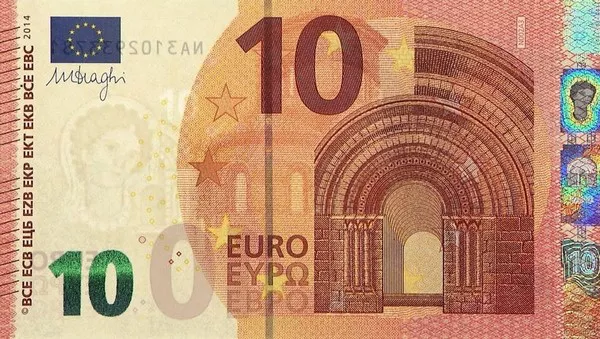The euro has been a mainstay of the European Union for over two decades. It was introduced in 1999 as an ambitious attempt to unify the currency of several European countries, facilitate trade and investment, and promote economic growth across the continent. Today, the euro is used by 19 EU member states and is one of the world’s most important reserve currencies. However, the future of the euro is uncertain due to several challenges facing the European Union. In this article, we explore these challenges and opportunities and ask the question: can the euro survive?
The Debt Crisis and Austerity Measures
One of the biggest challenges facing the euro is the debt crisis that hit several EU member states in the past decade. Greece, Portugal, Ireland, Italy, and Spain were among the hardest hit by the crisis, with high levels of public debt, low economic growth, and high unemployment. The crisis forced these countries to implement austerity measures, including tax hikes, spending cuts, and labor market reforms, which led to widespread protests and social unrest.
The debt crisis exposed the limitations of the eurozone’s monetary policy and fiscal framework. Unlike the United States or Japan, the eurozone does not have a central government that can issue bonds and transfer funds between member states. Instead, each member state is responsible for its own debt and deficit levels, which can put pressure on weaker economies and lead to financial instability.
To address the debt crisis, the European Union established several mechanisms, such as the European Stability Mechanism (ESM) and the European Central Bank’s (ECB) bond-buying program. These measures helped stabilize the financial markets and prevent the collapse of the euro. However, they also raised concerns about moral hazard and the potential for further debt crises in the future.
Brexit and the Rise of Populist Movements
Another challenge facing the euro is the rise of populist movements and anti-EU sentiment across Europe. The Brexit referendum in 2016, which resulted in the UK’s decision to leave the EU, was a wake-up call for many Europeans who had taken the EU for granted. It also highlighted the divisions and tensions within the EU over issues such as immigration, sovereignty, and economic policies.
The rise of populist movements such as the Five Star Movement in Italy, the National Front in France, and Alternative for Germany (AfD) has further strained the unity and stability of the EU. These movements challenge the eurozone’s fiscal rules, demand greater national sovereignty, and promote protectionist policies that go against the principles of the EU single market.
The COVID-19 Pandemic and the Recovery Fund
The COVID-19 pandemic has added a new layer of complexity to the challenges facing the euro. The pandemic has hit the EU harder than most other regions, with high death tolls, lockdowns, and economic disruptions. The pandemic has also exposed the weaknesses of the eurozone’s fiscal framework and the need for stronger solidarity and cooperation among member states.
To address the economic fallout from the pandemic, the European Union approved a €750 billion recovery fund in July 2020. This fund is financed by issuing bonds on behalf of the EU and will provide grants and loans to member states to support their economic recovery and resilience. This marks a significant step towards closer fiscal integration in the eurozone and could pave the way for further reforms, such as a common budget or a eurozone finance minister.
Conclusion: The Euro’s Prospects
Despite these challenges, there are also opportunities for the euro to thrive in the coming years. The EU’s Green Deal, which aims to make Europe climate-neutral by 2050, could create new growth opportunities and strengthen the eurozone’s position as a leader in sustainable development. The digital transformation of the economy could also boost productivity and innovation, creating new markets and jobs.
In addition, the EU’s efforts to strengthen its defense and security capabilities could enhance its geopolitical influence and reduce its dependence on external powers such as the United States. This could also help build a stronger sense of European identity and solidarity, which is crucial for the long-term stability of the euro and the EU as a whole.
Overall, the future of the euro depends on the ability of the EU to overcome its challenges and seize its opportunities. The debt crisis, the rise of populism, and the COVID-19 pandemic are formidable obstacles, but they also present opportunities for deeper integration, cooperation, and reform. If the EU can build on these opportunities and address its challenges, the euro could emerge stronger and more resilient than ever before.
Related topics:


